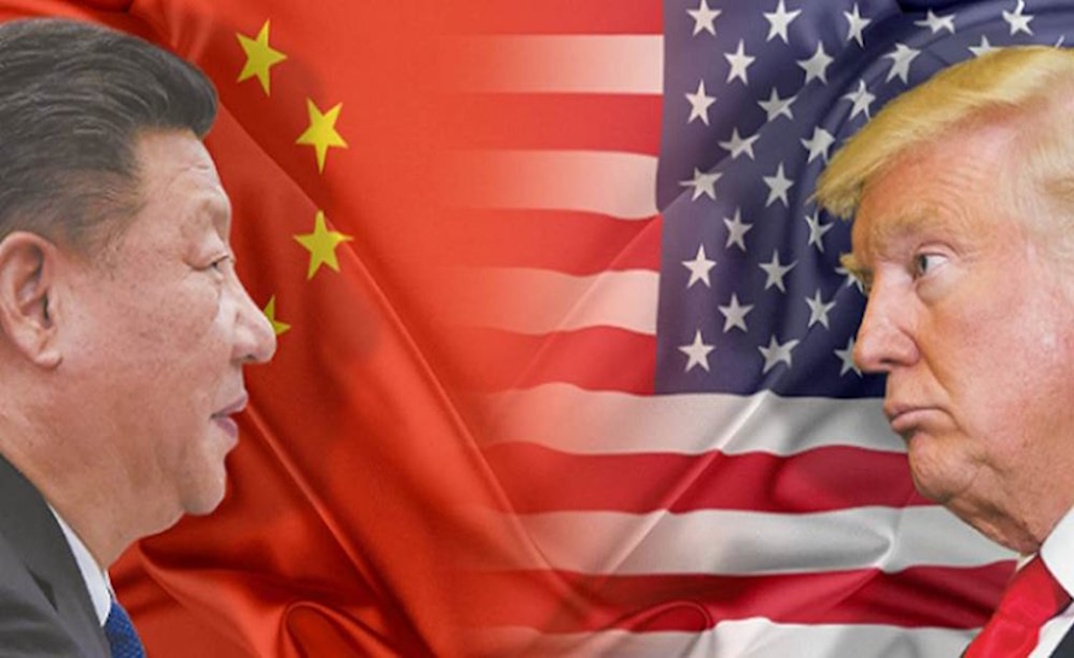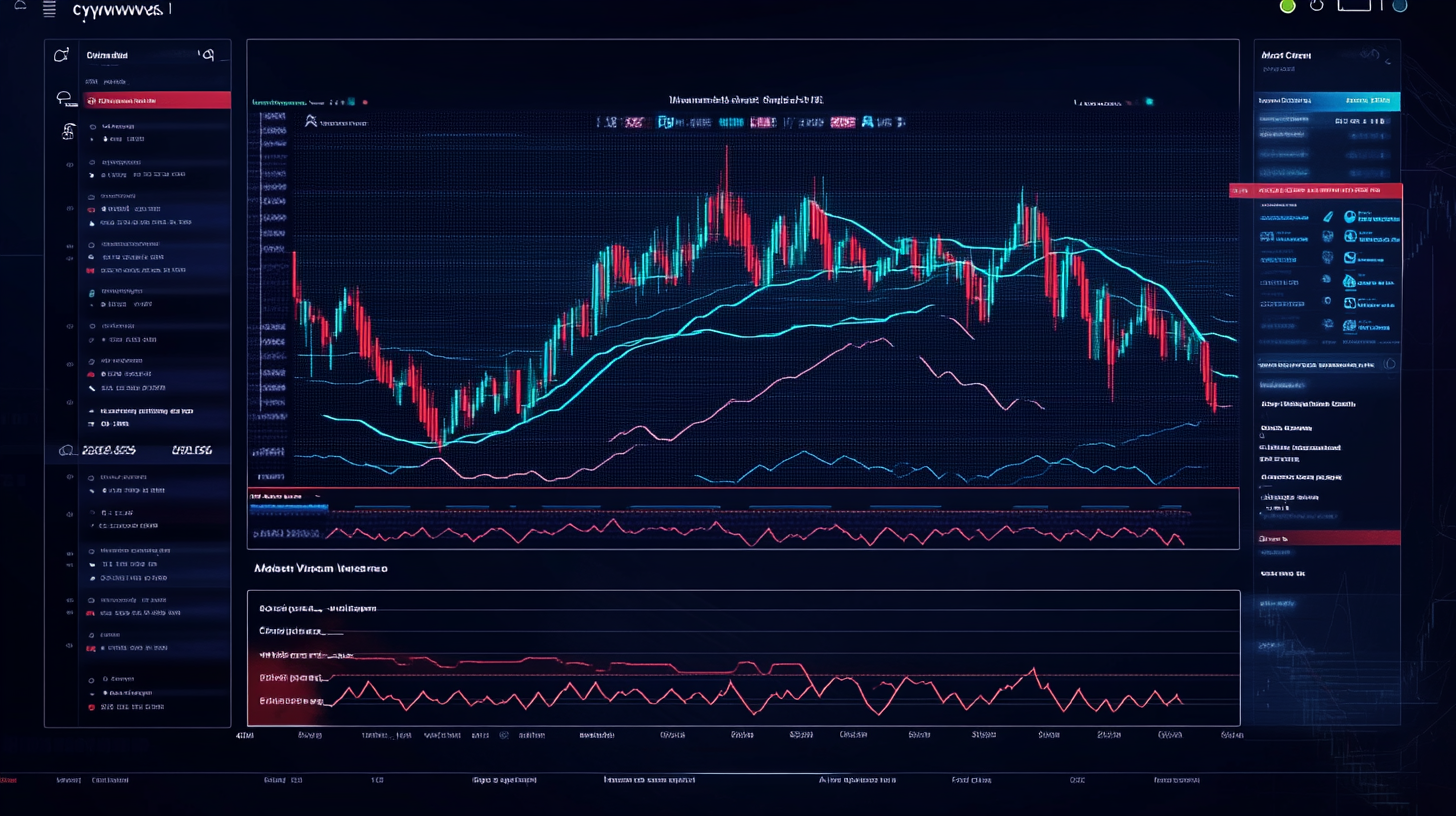By admin
Copyright dawatmedia24

On September 3, 2025, Beijing showcased a meticulously choreographed military parade in Tiananmen Square, marking the 80th anniversary of the end of the Second World War. The spectacle featured an array of advanced weaponry: intercontinental ballistic missiles capable of carrying nuclear warheads, cutting-edge hypersonic missiles, and other strategic arms.
This show of strength reinvigorated a familiar current in Arab populist discourse – the hope that a rising China could chip away at American global hegemony and provide an alternative protective umbrella for vulnerable and exploited regions, with the Arab world at the forefront. By the numbers, some argue, the region has already become “China-leaning,” so to speak.
Arab Youth and the “China Option”
What is striking is that, even before the parade, several international media outlets had highlighted opinion polls showing growing positive sentiment among Arab youth toward China. This is significant because roughly 60% of the Arab population is under 30 – a demographic that increasingly sees China as a reliable partner.
Surveys conducted by credible platforms such as Global Times, the Arab Barometer, and reputable PR firms with offices in Arab capitals, all pointed to a trend: the younger Arab generation views Beijing more favorably than Washington.
Mirissa Khurma of the Wilson Center argues this is hardly surprising. China’s narrative in the region consistently emphasizes that, unlike the United States, it has never intervened militarily in the Arab world. Meanwhile, Chinese media coverage heavily promotes China’s economic success story and its growing trade and investment ties with the Middle East.
Numbers back up this narrative: the weight of China’s economic footprint overshadows most other aspects of its engagement. Many Arab governments and business elites now see China as a dependable, apolitical partner – one that brings technology and trade without attaching political conditions or human rights lectures. As Chinese researcher and human rights activist Jiangyi Yang puts it: China is seen as a “pragmatic partner” unburdened by the moralizing baggage of the West.
U.S. Concerns and Trump’s Outburst
The Chinese military parade also had symbolic value. It was read by many Arab commentators as a provocation to Washington. Former President Donald Trump, never one to remain silent, posted on his platform Truth Social – apparently addressing Xi Jinping – with a sarcastic jab: “Please send my warm regards to Vladimir Putin and Kim Jong Un, since you are all conspiring against the United States.”
For U.S. policymakers, however, the concern runs deeper. Washington sees China’s expanding footprint in the Middle East as a direct challenge to its interests and to regional stability.
In 2022, then–Undersecretary of Defense for Policy Colin Kahl warned that Beijing sought to build purely transactional and self-serving relationships – economic and geopolitical – while skirting any serious commitments to regional security. A senior U.S. Air Force general echoed this view, arguing that China’s ultimate ambition was to “displace” the United States from the region altogether.
Competing Narratives
Not everyone in the West agrees with that framing. Researchers at institutions like the Carnegie Endowment argue that the story is more complex. China is not necessarily trying to replace the U.S. hegemonic role in the Middle East. Instead, its rising presence reflects a broader geopolitical shift: the move from a unipolar to a multipolar world.
Middle Eastern states are no longer content with a single “preferred partner.” While Washington still wants to be seen as that indispensable ally, regional governments increasingly prefer to diversify their partnerships. They look to Beijing, but also to India, South Korea, Japan, Turkey, and other middle powers.
Thus, the Chinese parade did not herald a transition from American to Chinese dominance. Rather, it highlighted Beijing’s aspiration to become a central player in an already multipolar global order.
The Bigger Picture: Beyond Washington vs. Beijing
International relations scholar Amitav Acharya, in his book The End of the American World Order, reminds us that the United States rose to unrivaled power after 1945 not only because of its economic size, but also due to its unmatched military capabilities, technological edge, political legitimacy, dense alliance networks, and the dollar’s role as the convertible global currency. U.S. dominance was comprehensive and multidimensional.
By contrast, argues Peyman Salehi of the Quincy Institute (Responsible Statecraft), assuming China will automatically become the “next hegemon” is premature. The renminbi remains only partially convertible and cannot anchor the global financial system as the dollar has.
China does have organizations like the Shanghai Cooperation Organization and BRICS, but it lacks anything comparable to NATO or America’s vast treaty network in Asia. Its overseas bases are limited, and its ability to project power globally pales compared to U.S. naval and air supremacy.
Arab governments are acutely aware of this. They recognize that China’s parade symbolized ambition and progress – not the arrival of a new unipolar hegemon.
A Fractured World Order
The global system established after World War II – and reshaped after the Soviet collapse – is showing signs of deep erosion. The Russian invasion of Ukraine, the unchecked devastation in Gaza, and Washington’s apparent prioritization of Israel above all else have badly damaged faith in a U.S.-led order.
What seems increasingly clear is that the future will not be shaped by a single superpower. Instead, multiple major players will coexist and compete. Yet, given its structural weaknesses, China faces real limits in surpassing the United States. Analysts like George Magnus argue that China’s slowing growth and mounting internal vulnerabilities mean that “catching up” may never happen.
Conclusion: Between Myth and Reality
For the Arab world, the temptation to believe in a Chinese alternative is strong. Years of frustration with U.S. policies have made Beijing’s rise seem like a beacon of hope. Yet the belief that China will decisively replace Washington in the Middle East – or globally – is likely an illusion.
At best, China will be one pole among many in a multipolar order. The Arab discourse that imagines China as the savior capable of uprooting American dominance may be more wishful thinking than geopolitical reality.
Support Dawat Media Center
If there were ever a time to join us, it is now. Every contribution, however big or small, powers our journalism and sustains our future. Support the Dawat Media Center from as little as $/€10 – it only takes a minute. If you can, please consider supporting us with a regular amount each month. Thank you
DNB Bank AC # 0530 2294668
Account for international payments: NO15 0530 2294 668
Vipps: #557320
Donate Here



